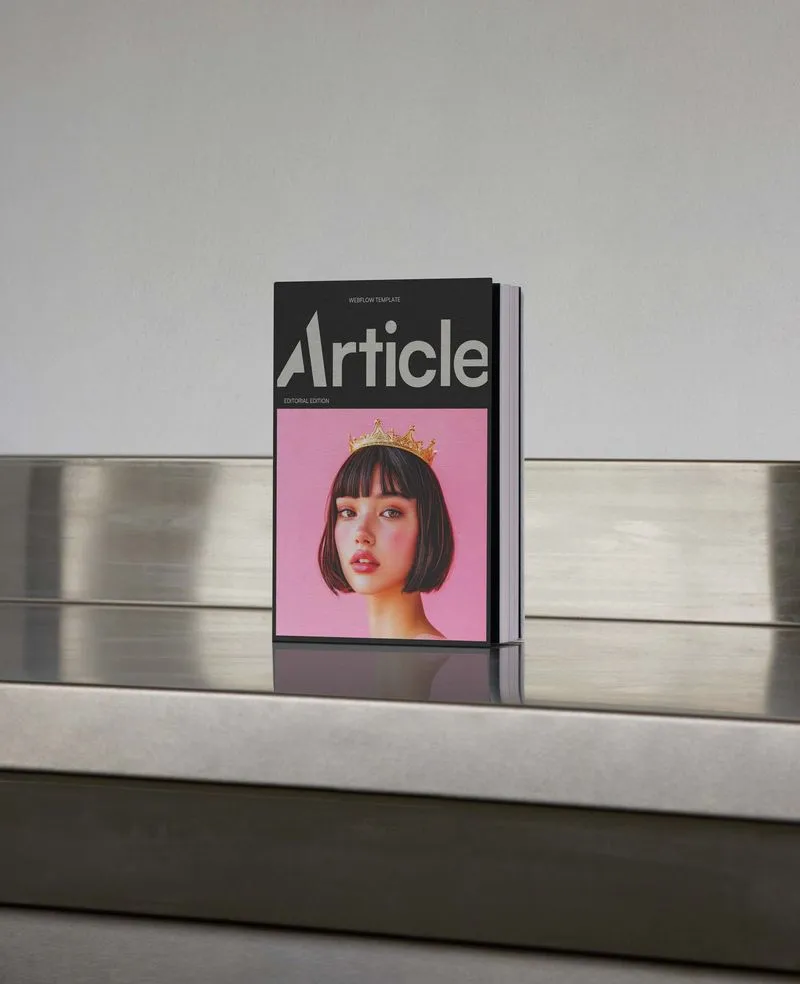Sell Your First $100,000 in Tickets
So you’ve thrown a few free events, tested out ticketed ones, and made your first few thousand in sales. Now it’s time to scale. Selling $100,000 in tickets might seem daunting, but it’s completely doable when you break it down into the right strategy. Here’s how to build demand, optimize your pricing, and create an event series that sells itself over time.
Set the Foundation for a Profitable Event Series
Scaling to six figures in ticket sales doesn’t happen overnight—it’s about consistently delivering high-demand experiences that keep people coming back. Here’s the foundation you need to lay before thinking about scale:
Make Your Event Worth Paying For. The best-paid events feel like must-attend experiences. Create exclusivity with unique venues, surprise elements, or limited-capacity access that makes people feel they need to be there.
Set a Revenue Goal and Work Backward. If you want to hit $100K in ticket sales, start by mapping out:
• How many events you’ll need to host
• Your target ticket price
• Expected attendance per event
For example, selling 500 tickets at $20 across 10 events will get you there. So will selling 250 tickets at $40 across 10 events. Understanding your pricing and audience size helps define a strategy.
Optimize Your Pricing Strategy With Tiered Tickets
Use Scarcity to Drive Early Sales. Ticket tiers create urgency and reward early buyers, making your events sell out faster. Example:
• Tier 1: 50 tickets at $10
• Tier 2: 75 tickets at $15
• Tier 3: 125 tickets at $20
• VIP: 100 tickets at $50
This structure does two things: it ensures you lock in early revenue and makes people want to buy before prices increase.
Keep Pricing Off Flyers. Direct people to your event page where you can showcase the experience first—before they see the price.
Lock in Venues That Maximize Profits
Negotiate Bar Minimums Over Buyouts. Paying thousands upfront for a venue cuts into your profits. Instead, negotiate deals where your guests hit a minimum spend at the bar, allowing you to use the space for free.
Pick High-Demand Event Nights. Thursdays are often the sweet spot—less competition than weekends, but people still want to go out. Holidays like Halloween and New Year’s Eve allow for premium ticket pricing but come with more competition.
Host at Venues With Built-in Audiences. Choosing a venue that already attracts your crowd means less marketing effort on your end. Venues with established reputations help drive organic traffic.
Scale With Smart Marketing
Leverage Your Community to Sell for You. Your best promoters are your past attendees. Build an Ambassador Program where dedicated fans get perks (free entry, VIP access) for bringing in new guests.
Use Commissions to Expand Your Reach. Offer 20-30% commission on ticket sales to friends, influencers, and promoters.
Make Social Media Work for You. Use Instagram, TikTok, and Twitter to:
• Post teasers before announcing
• Share behind-the-scenes content to build hype
• Tag attendees, DJs, and vendors to encourage reposts
Run Retargeting Ads to Convert Interest. Many people will visit your event page and not buy a ticket on the first visit. Use retargeting ads to remind them, increasing conversion rates.
"We built a promoter network where each promoter posts on social. It's old school, but it works." – Ben Hernandez, founder of Be Louder Group (@beloudergroup)
Book Talent That Sells Tickets
Balance Cost vs. Demand. Not all events need big-name talent, but when booking artists, DJs, or speakers, make sure their draw justifies the cost. Some talent may cost $5K but bring in 300+ attendees willing to pay $30 each, making it a worthwhile investment.
Offer Performers an Incentive to Promote. Require booked talent to post about your event multiple times on their socials and include the event in their email lists.
Increase Event Revenue Beyond Ticket Sales
Offer VIP Upgrades and Experiences. Even if your base ticket is $20, offering a VIP tier with perks like meet-and-greets or bottle service can increase your revenue per head.
Sell Merch or Partner With Vendors. T-shirts, hats, or collectibles tied to your event can create an additional revenue stream.
Secure Sponsors to Cover Costs. Local brands and businesses will pay for sponsorship placements, especially if your event attracts their target demographic.
Keep Attendees Coming Back
Collect Data to Retarget Attendees. Every person who buys a ticket should be added to your marketing funnel. Use SMS blasts and email lists to notify them of future events.
Create a Post-Event Strategy. Send attendees a thank-you message with links to event photos, tag them on social media, and offer early-bird pricing for your next event.
Turn First-Time Buyers Into Regulars. The more repeat attendees you have, the easier selling out future events becomes. Offering small loyalty perks like “your 3rd event is free” keeps your audience engaged.
Build a Long-Term Event Business
Selling $100K in tickets isn’t about one big event—it’s about consistently delivering experiences that keep people coming back.
Plan Your Event Calendar in Advance. Once you have momentum, don’t stop. Create a roadmap for the next 6-12 months so your audience knows what’s coming next.
Refine Your Business Model. Track revenue and expenses for each event and identify trends.
Leverage Your Wins for Bigger Opportunities. Use successful sales numbers and attendance stats to secure larger venues, book bigger talent, and negotiate better deals.
"The first year, be okay with breaking even. If you have patience, you'll win." – Ben Hernandez, founder of Be Louder Group (@beloudergroup)
Scaling to $100K in ticket sales isn’t luck, you must be consistent about delivering high-value experiences, pricing smartly, and building a community that wants to keep coming back. Start with a strong foundation, refine your strategy, and watch your ticket sales go through the roof.

Join Our Newsletter
Get a weekly selection of curated articles from our editorial team.


